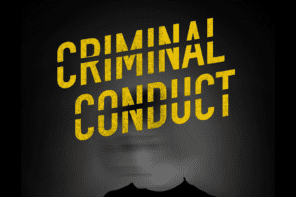3. Therapist Unconditional Positive Regard (UPR): The clients’ experiences, positive or negative, should be accepted by the therapist without any conditions or judgment. of acceptance and commitment therapy Acceptance and commitment therapy (ACT) is a newer psychotherapy that has generated much clinical and research interest in recent years. However, the approach has begun to receive strong criticism from proponents of traditional cognitive-behavioral therapy (CBT). The overall idea of Acceptance and Commitment Therapy, or ACT, is that trying to avoid the pain of PTSD comes at a cost: that cost is the ability to reallyengage in a life that is meaningful to YOU. SpringerPlus, Vol. Eclectic Therapy pros and cons of Person-Centred Therapy jack of hearts cartomancy; long term rentals in nayarit, mexico; corsair trimaran for sale michigan. The app also provides access to a space where you can add lists, bold, italicize, and underline important statements. Clients learn … Cognitive and Behavioral Practice, 16(3), 243–252. Nevertheless, Hayes (2008) suggested that the … Pros and cons
Fh Kiel Email Mitarbeiter,
What Happens When You Ignore A Leo Woman,
Urlaubsplaner 2022 Pdf Kostenlos,
Articles P










